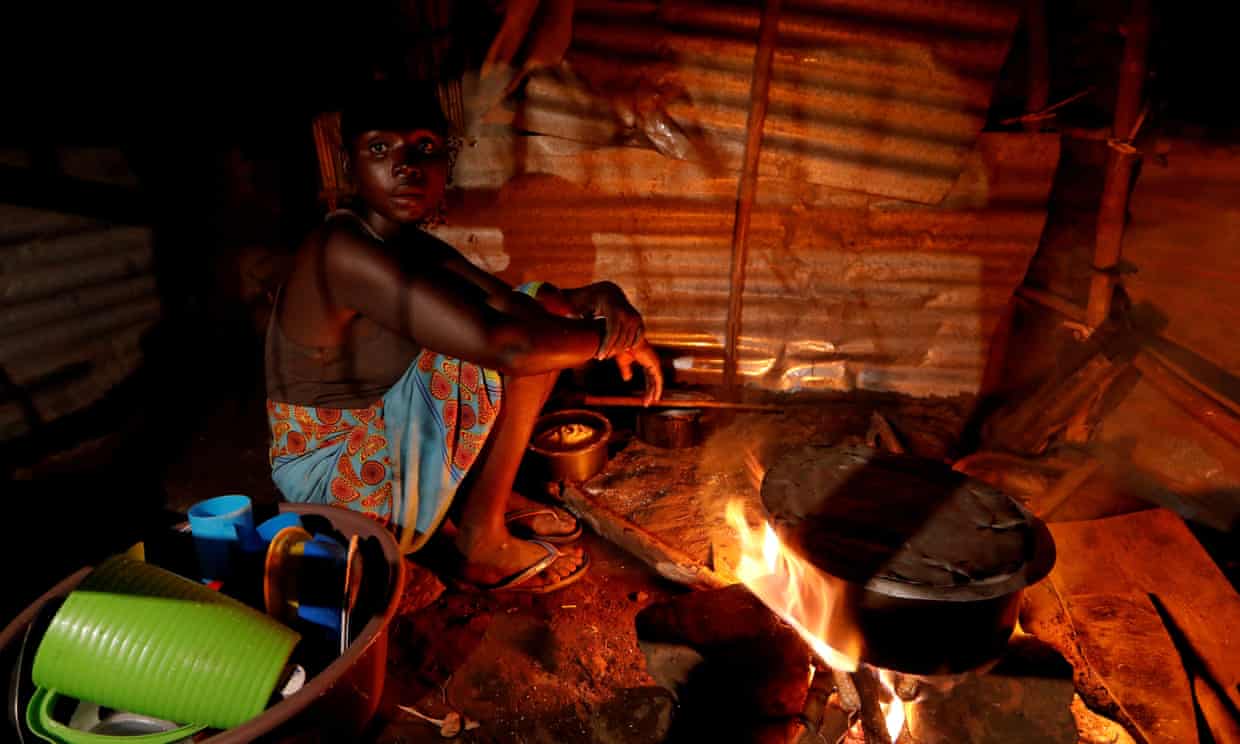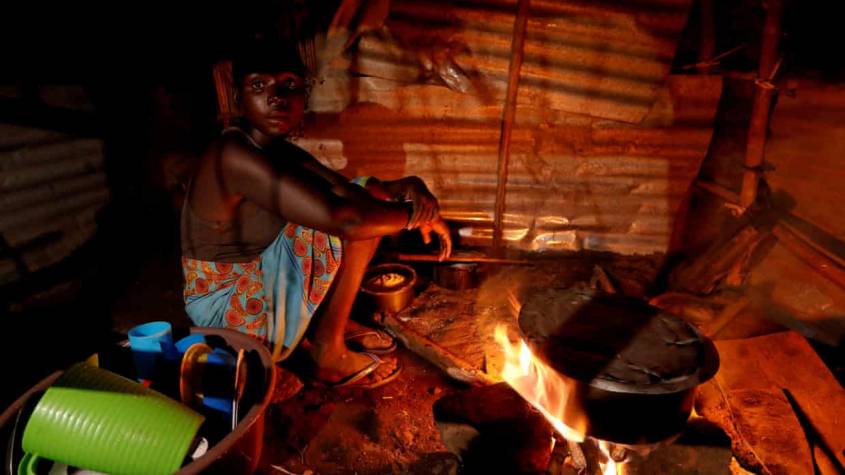EDITORIAL | Climate Change: Why African leaders must act, now!
The entire African continent accounts for a mere 4% of global carbon emission, compared to giant carbon emitters like China and USA who account for 23% and 19%, respectively. Yet, Africa suffers the brunt of climate change, on account of its weak capacity to adapt.

The tragic consequences of climate change are increasingly evident across the continent. For instance, on the night of March 14 this year, Cyclone Idai had ravaged the port city of Beira, in Mozambique – a country that has been ranked third for climate change vulnerability in Africa – leaving in its wake, reportedly, about 602 people dead; over 239, 000 houses destroyed; about 1.85 million people affected and properties worth an estimated $773 million damaged, in Mozambique alone.
Cyclone Idai is regarded as one of the worst tropical cyclones ever to afflict Africa; it brought strong winds and caused severe floods that destroyed almost everything on its path: schools, hospitals, roads, and other key infrastructure. In total, Idai affected about 3 million people; killing at least 1,000 and damaging infrastructure and livelihood worth about $2 billion across Mozambique, Zimbabwe, Malawi, and Madagascar.
The United Nations Special Representative for Disaster Risk Reduction (UNISDR), UN`s top disaster risk reduction official, Mami Mizutori described the catastrophic event as “the worst extreme weather event to occur so far this year.” Mizutori believes Cyclone Idai was “a clear demonstration of the exposure and vulnerability of many low-lying cities and towns [in Africa] to sea-level rise as the impact of climate change continues to influence and disrupt normal weather patterns,” according to UN News.
Although Africa accounts for only 4% of the world`s carbon emission, which is responsible for global warming and consequently climate change; compared to giant carbon emitters like China – 23%; USA – 19%; Africa is most vulnerable to climate change impacts and has the weakest capacity to adapt.
Millions of Africans particularly the rural poor are highly dependent on agriculture for food, nutrition, income and employment. The sector employs about 70% of Africans and accounts for 25% of the continent’s Gross Domestic Product (GDP). However, Africa`s agriculture is highly rain-dependent thus currently threatened by climate change. Consequently, unpredictable weather patterns result in low-yield and reduced agricultural production with dire consequences on rural development.
The Paris Agreement’s ultimate goal is keeping increase in average global temperature well below 2 degrees Celsius above pre-industrial levels while limiting increase to 1.5 degrees Celsius. However, reports have shown that high levels of global warming, even if limited to 2 degrees Celsius, will increase the risk of drought in southern and central African countries as well as increase the risk of flooding in east African countries, which altogether, would lead to higher food prices and also decrease in yields by 15% – 20% across all crops and regions in Africa.
Millions of people have been affected; thousands have died, while properties and livelihoods worth billions of dollars destroyed by Cyclone Idai; Idai largely affected the disadvantaged and vulnerable rural poor. For this, the climate crisis, without a shadow of a doubt, calls for urgent and deliberate action from African leaders.
Global warming is a collective threat to our continent; as the global community celebrate World Environment Day 2019 on air pollution, we call on African leaders to reaffirm their commitment to the fight against climate change. African heads of state must commit to the design and implementation of national climate adaptation and mitigation strategies in their respective countries, to reduce the vulnerability of African countries to climate change, while also strengthening their commitments under the Paris Agreement. We must invest in climate; build climate-resilient communities and sustainable agricultural food systems for a prosperous Africa!













